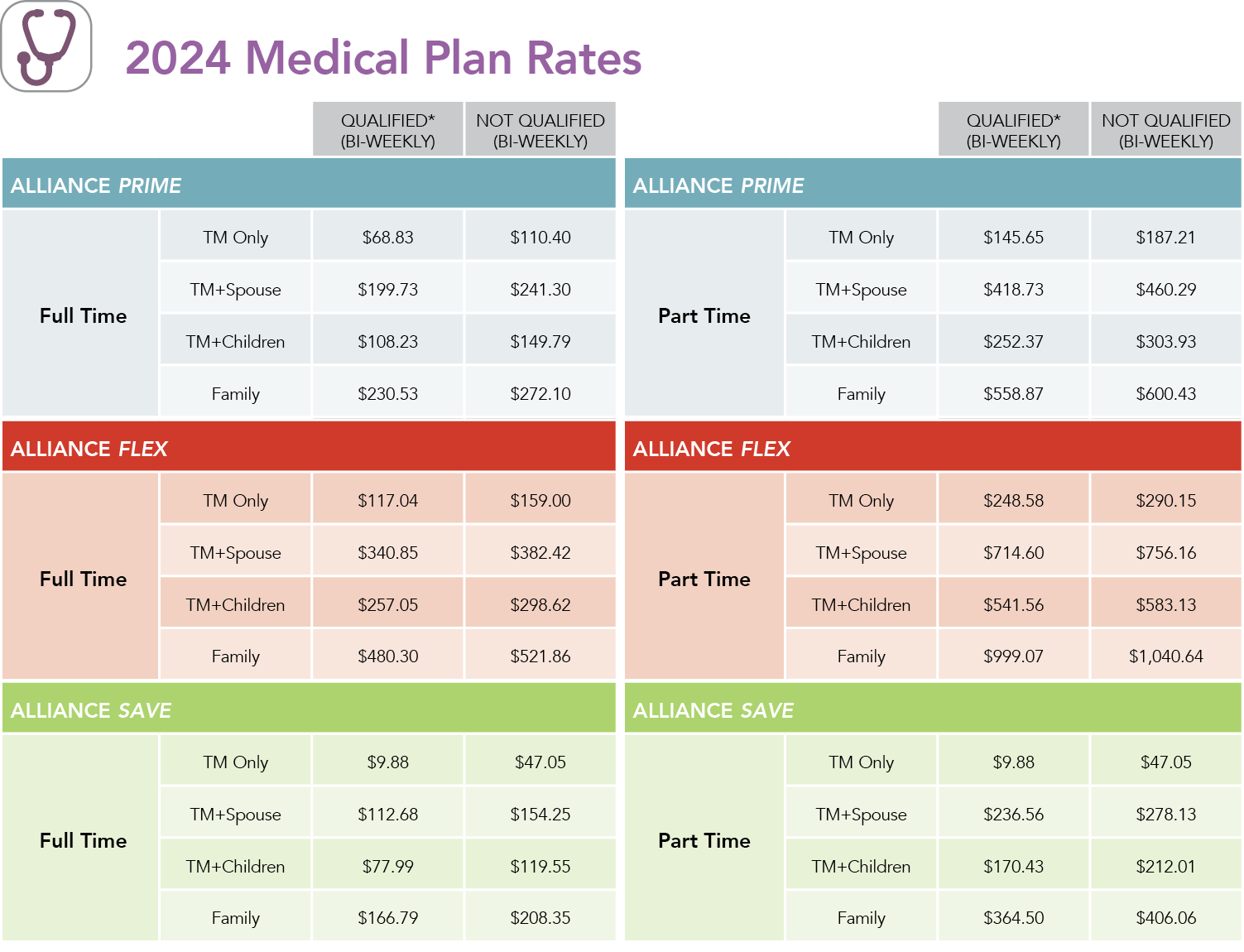Health insurance is a critical consideration for seniors, offering peace of mind and protection against potentially high medical costs. Florida, with its substantial senior population, offers a variety of health insurance options tailored to the needs of older adults. In this blog post, we will explore how to compare health insurance rates for seniors in Florida, ensuring that you can make an informed choice that suits your health needs and budget.
Comparing Health Insurance Rates for Seniors in Florida
Understanding Your Options
Florida seniors primarily choose between Medicare, Medicare Advantage Plans, and various supplemental policies (Medigap). Each option has its own benefits and drawbacks:
- Medicare: Traditional Medicare includes Part A (hospital insurance) and Part B (medical insurance). Most people do not pay a premium for Part A if they or their spouse paid Medicare taxes while working. Part B comes with a standard monthly premium, which was $164.90 in 2023.
- Medicare Advantage Plans (Part C): These plans are offered by private insurance companies approved by Medicare. They provide all of Part A and Part B services and often include additional benefits like dental, vision, and prescription drug coverage. Premiums can vary significantly based on the extent of coverage and the region.
- Medigap: Supplemental insurance policies that cover costs not included in traditional Medicare, like co-payments, deductibles, and healthcare if you travel outside the U.S. Premiums for these policies depend on the plan benefits, the insurer, and sometimes the enrollee’s age.
Factors Influencing Premiums in Florida
When comparing health insurance rates, consider factors that influence premiums:
- Age: While Medicare Part B premiums are standard, Medigap and Medicare Advantage premiums can vary with age.
- Location: Insurance costs can differ significantly across Florida’s counties. For instance, urban areas like Miami may have higher premiums than more rural settings.
- Healthcare needs: Consider your typical health care usage. More comprehensive plans with lower out-of-pocket expenses might have higher premiums but can be cost-effective if you frequently visit doctors or need regular medications.
- Provider networks: Especially relevant for Medicare Advantage plans, some insurers might offer lower rates if you choose a plan with a more restricted network of doctors and hospitals.
Comparing Rates: Step-by-Step
- Assess Your Needs: Start by evaluating your current health needs and any anticipated changes. List your regular medications, preferred doctors, and how often you seek medical care.
- Initial Research: Visit the Medicare Plan Finder on Medicare.gov where you can compare plans based on your zip code, health needs, and drugs. This tool gives you a detailed comparison of available Medicare Advantage and Part D (prescription drug) plans.
- Check Additional Benefits: Some Medicare Advantage plans offer extra benefits, such as fitness programs or wellness incentives. Weigh these benefits against the total cost of the plan.
- Consider Plan Ratings: Medicare rates plans from one to five stars based on quality and performance. Higher-rated plans often provide better experiences and outcomes.
- Review Changes Annually: Insurance plans and rates change annually. During the Medicare Open Enrollment Period (October 15 to December 7 each year), review your plan’s changes and compare it with others to ensure it remains the best fit.
Expert Advice and Assistance
It can be beneficial to consult with a licensed insurance advisor who specializes in senior health care. These professionals provide personalized advice and can help navigate complex aspects of Medicare and supplementary insurance.
Florida’s SHINE (Serving Health Insurance Needs of Elders) program offers free counseling to help seniors understand and maximize their insurance benefits. Utilizing such resources can demystify the often-complex insurance landscape.
Which insurance company is best for senior citizens?
There isn’t a single “best” insurance company across the board for senior citizens. The best fit depends on what type of insurance you’re looking for and the specific needs of the senior. Here’s a breakdown to help you find the right fit:
- Health Insurance:
- Look for companies with plans designed for seniors, often covering pre-existing conditions.
- Consider companies like AARP or UnitedHealthcare that specialize in Medicare Advantage plans.
- Life Insurance:
- For seniors on a budget, term life from companies like Protective or State Farm might be suitable.
- If you want a policy with a cash value benefit, MassMutual or Northwestern Mutual are well-regarded.
- Car Insurance:
- Companies like Nationwide or USAA offer competitive rates for safe senior drivers.
- Consider discounts for low mileage or taking defensive driving courses.
Here are some resources to help you compare plans and companies:
- Health Insurance
- Life Insurance: NerdWallet life insurance for seniors: [invalid URL removed]
- Car Insurance: Forbes Advisor best car insurance for seniors
What is the most affordable health insurance in Florida?
There are a few factors that can affect the affordability of health insurance in Florida, including:
- Age
- Health status
- Location
- Tobacco use
- Plan type
However, in general, the cheapest type of health insurance in Florida is a catastrophic plan. Catastrophic plans have low monthly premiums, but they also have high deductibles, which means that you will have to pay a lot out of pocket before your insurance starts to cover your costs.
Here’s a breakdown of some of the most affordable plans in Florida:
- Catastrophic plans: Catastrophic plans are the cheapest type of health insurance, but they also have the highest deductibles. This means that you will have to pay a lot out of pocket before your insurance starts to cover your costs.
- Bronze plans: Bronze plans have lower premiums than silver or gold plans, but they also have higher deductibles and out-of-pocket costs.
- Silver plans: Silver plans are a good middle ground between bronze and gold plans. They have moderate premiums, deductibles, and out-of-pocket costs.
You can find affordable health insurance plans by shopping around and comparing prices from different insurers. You may also be eligible for subsidies to help lower the cost of your premiums.
